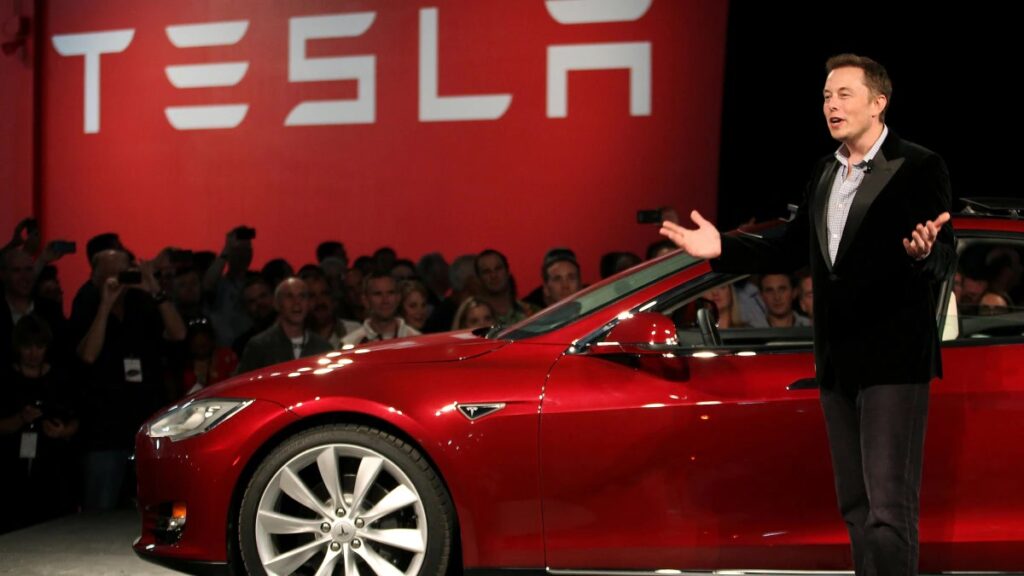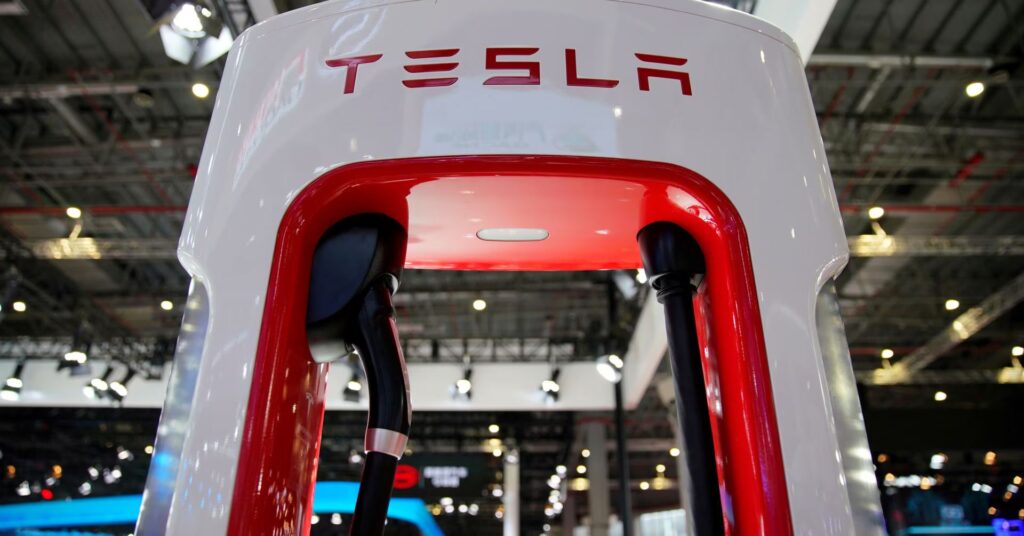Tesla Proposes Battery Storage Factory in India
Tesla, the electric vehicle (EV) pioneer, is exploring opportunities to manufacture and sell battery storage systems in India. This move aligns with Tesla’s broader push to establish a presence in the Indian market, beyond electric cars. The proposal to introduce its “Powerwall” system, designed for storing solar or grid power for use during outages or at night, has been submitted to Indian officials. This article delves into Tesla’s plans, its interaction with the Indian government, and the implications of this move.
Tesla’s EV Factory Talks in India
Tesla has been engaged in discussions regarding the establishment of an EV factory in India. The primary objective is to produce an affordable EV priced around $24,000. These discussions have been noteworthy, with Prime Minister Narendra Modi directly overseeing them. While the EV factory discussions have been widely reported, Tesla’s intentions in the renewables sector have remained under the radar.
The Powerwall Proposal
During recent meetings in New Delhi, Tesla presented a proposal to bolster India’s battery storage capabilities with its “Powerwall” system. This technology allows the storage of energy generated from sources like solar panels or the grid. It is particularly valuable during power outages or for utilizing stored energy at night.
Government Response and Incentives
Tesla initially sought various incentives to establish a battery storage factory in India. However, Indian officials conveyed that these incentives might not be available. Instead, the government indicated a willingness to support the business model by offering subsidies to consumers purchasing Tesla’s battery storage products.

While both Tesla and the Indian government are enthusiastic about the proposal, its realization remains uncertain, pending further review by New Delhi.
Tesla’s Broader Vision
Tesla’s interest in the Powerwall system extends beyond residential applications; the company seeks industrial customers as well. The Powerwall, a sleek unit designed for installation in garages or outdoors, holds the potential for versatile applications.
Addressing India’s Power Challenges
India, despite significant progress in electricity supply to towns and villages, grapples with peak-time shortages due to surging demand. The country heavily relies on coal-based power generation, primarily due to the expense and limited adoption of storage technologies.
India’s Renewable Energy Goals
India is on a path to boost its non-fossil fuel power capacity to 500 GW by 2030, up from the current 186 GW. Achieving this goal hinges on expanding energy storage solutions and leveraging renewable sources.
Cost Challenges
Indian officials have emphasized the importance of Tesla reducing the cost of its battery storage products. The government anticipates strong demand but believes affordability is key to unlocking the market.

Tesla’s Global Impact
Tesla’s Powerwall is already available in international markets, particularly the United States. Incentives, including federal tax credits and local incentives for solar and energy storage, contribute to its adoption. Notably, Powerwall users in Texas recently began selling surplus power back to the electric grid, highlighting its value in energy management.
Tesla’s proposal to manufacture and sell battery storage systems in India represents a significant step towards bolstering the country’s renewable energy infrastructure. While the outcome is uncertain, the government’s willingness to support the adoption of Tesla’s technology reflects India’s commitment to transitioning towards clean and sustainable energy sources. Tesla’s entry into the battery storage sector in India aligns with its broader global vision of accelerating the world’s transition to renewable energy.
